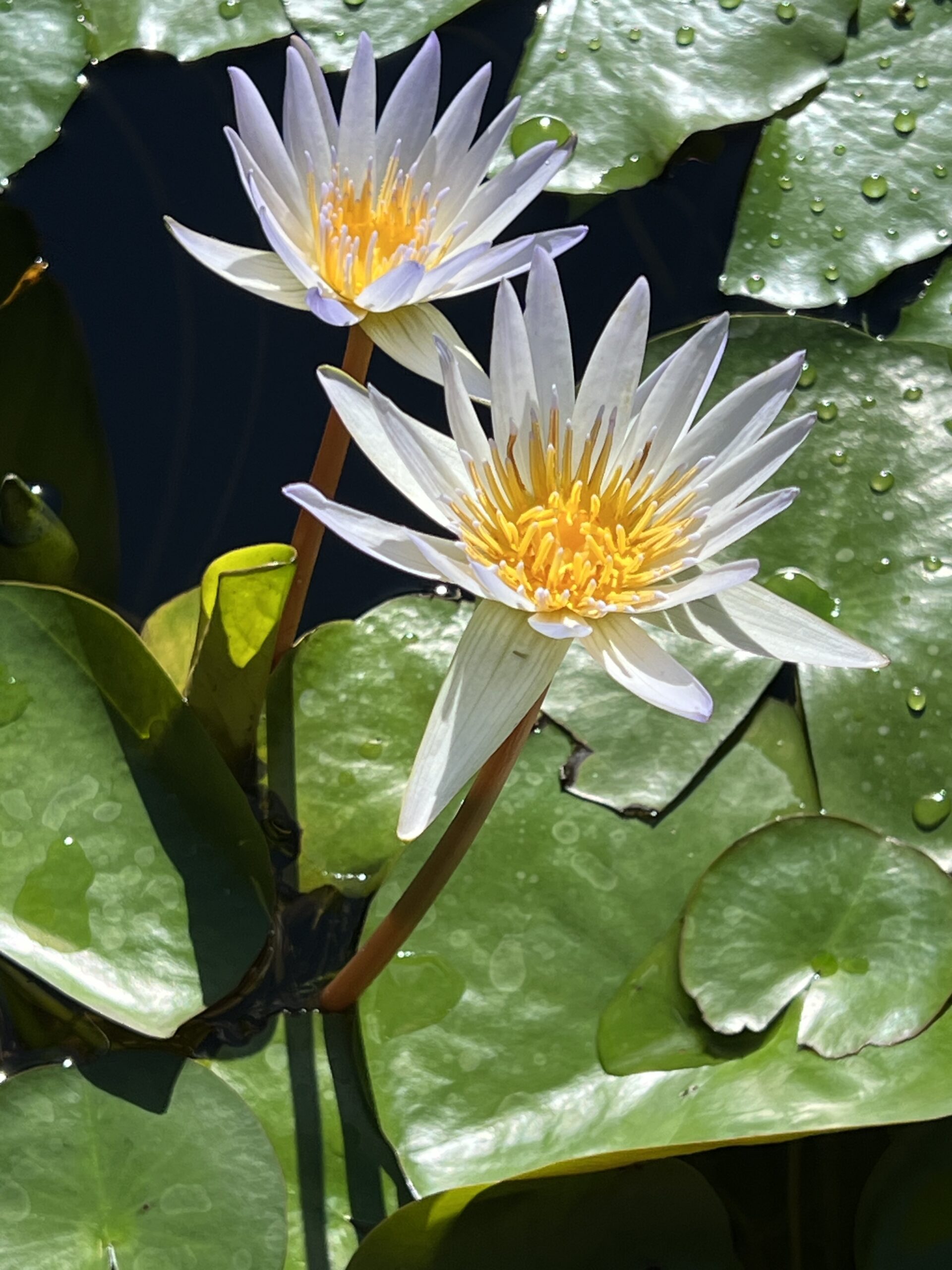(Or 105 depending on who’s counting)
STAY IN YOUR OWN LANE
“To know the universe as a road, as many roads, as roads for travelling souls,
“If the terminus of all roads be God, then what matter what road we take?
“But hail your fellow travelers from a distance. Don’t try to catch up and keep step.
“Yell Cheerio across the fields but stick to your own particular path…
“Be it paved or grass or just plain old dirt, it’s your path and it suits your make of boot.” (Walt Whitman)
I think two weeks is a long enough break from blogging, and I find myself with a five hour plane ride in which to concentrate on the next installment of leading an examined life (with a healthy dose of curiosity), so here I go.
I figure curiosity will give me the objectivity I need to sustain me through an uncertain and sometimes frightening future, which is why I was drawn to the phrase “stay in your own lane”. That and the fact that, en route across town to swim the other morning, I was almost run off Lions Gate bridge by a fellow motorist who decisively did not stay in his own lane. By decisively I mean he didn’t hesitate for a second as he drove straight into the curb lane in which I had the right of way. Having already been in that lane (but apparently demanifestly — something I’ve been trying to achieve in my spiritual journey) I had no other option but to jam on the brakes and vent my irritation with colorful language and expressive hand gestures. Since that day I’ve been cautious when approaching what is sometimes a merge (when we are down to one lane southbound) and sometimes a right-of-way (when we have two southbound lanes).
The metaphorical take-away from that near-accident was realizing how necessary it is to stay true, as Walt Whitman wrote, to my own particular path. What has caused me an unnecessary amount of pain is a tendency to compare and compete with my former self, moreso even than with the other “motorists” around me. The person I see in the mirror is seldom the one I see in my mind’s eye. The person I see in my mind’s eye is one who continues to do and be what I have always done and been. When I don’t like what I see in the mirror, am I saying I don’t like who I really am, and will this not manifest in a future me that I don’t want to see or be seen? How to mitigate this self-deprecating tendency?
In June of 2011 I attended a school reunion in New York City, the second since we all met at “finishing school” in the late sixties (don’t judge me…). In a journal entry written on June 19, 2011, I wrote:
“I hoped the reunion would allow us each to see ourselves in the mirror of the other attendees, to see who we used to be [in our late teens] and reclaim that which we’d forgotten about ourselves but which will serve us well on our journey, our next steps.”
I then proceeded to record the minor epiphanies I had gleaned from the feedback of my fellow alumni, all of whom saw each other differently, and much more favorably, that we saw ourselves. At the time of this reunion I’d been married for forty years, our four children had moved out, and in some cases moved away, to pursue their independent futures, and, I suspect, I was experiencing a time of transition not unlike the one I’m now in.
To better locate myself in this transition I turn to the four life stages or asramas in Ayurveda that I described in an earlier blog:
“Brahmacharya (student, ages 1-25), Gṛhastha (householder, 25-50 years), Vanaprastha (forest walker/forest dweller 50-75 years), and Sanyasa (renunciate, 75+).
Approaching my seventy-fourth birthday in a couple of weeks, I’m well on my way through the stage Ayurveda describes as Vanaprastha, or that of the forest dweller:
“The retirement stage, where a person handed over household responsibilities to the next generation, took an advisory role, and gradually withdrew from the world. Vanaprastha stage was a transition phase from a householder’s life with its greater emphasis on Artha and Kama (wealth, security, pleasure and desires) to one with greater emphasis on Moksha (spiritual liberation)”.
From there, I’m meant to be moving into Sanyasa:
“The stage marked by renunciation of material desires and prejudices, represented by a state of disinterest and detachment from material life, generally without any meaningful property or home (ascetic), and focused on moksha, peace and simple spiritual life. Anyone could enter this stage after completing the Brahmacharya stage of life.”
While I have a healthy skepticism regarding the Eastern (indeed all) teachings that I have explored over the past few decades, I do draw some encouragement from the Ayurvedic approach because they assign different growth tasks for this age than those of our western culture and education. Whereas most of my adult life was focused on maintaining a home and raising a family, I consider myself lucky to have encountered writings that lent depth and purpose to life beyond the obvious markers of success to which we subscribe (for lack of anything different, or better) in the West.
I’d like nothing better than to tie up this blog with a bow and advocate Ayurveda as the way to navigate any life stage. But personal growth, spiritual life and/or the evolution of consciousness are not one-size-fits-all. Within your own heart and soul are the steps you need to take, the directions you need to go. You can follow the Buddha’s advice to “deliberate and analyze and if it agrees with reason and conduces to the good of one and all, believe it and live up to it.”
But be sure to stick to your own particular path…
